Retinol Creams for Blemish Control
Introduction to Retinol and Its Benefits for Skin
Retinol, a derivative of Vitamin A, has been a cornerstone in skincare for decades. Known for its potent anti-aging properties, retinol also plays a crucial role in managing blemishes and acne. Its ability to accelerate skin renewal and reduce the appearance of wrinkles makes it a go-to ingredient for those seeking a youthful and clear complexion.
How Retinol Works in Blemish Control

Retinol's effectiveness in blemish control lies in its ability to promote cell turnover. This process helps unclog pores, a primary factor in acne formation. By increasing cell turnover, retinol helps shed the top layer of skin, preventing dead cells from clogging pores and allowing other medicinal creams to penetrate deeper.
Choosing the Right Retinol Cream

Not all retinol creams are created equal. It’s essential to consider the concentration of retinol, the type of formulation, and additional ingredients. Beginners should start with a lower concentration (around 0.25%) and gradually increase. Look for creams that also contain hydrating ingredients like hyaluronic acid to counteract potential dryness.
Application Tips for Maximum Efficacy
- Start Slowly: Begin by applying retinol cream once or twice a week, gradually increasing the frequency.
- Use at Night: Retinol can make your skin more sensitive to sunlight. Apply it in your evening routine.
- Sun Protection: Always use a broad-spectrum sunscreen during the day when using retinol products.
- Combine Wisely: Avoid using retinol with other strong ingredients like benzoyl peroxide or salicylic acid initially.
Potential Side Effects and How to Mitigate Them Retinol can cause dryness, redness, and peeling, especially during the first few weeks of use. To minimize these side effects, moisturize regularly and don't use retinol every day at the start. If irritation persists, consult a dermatologist.
Real Results: What to Expect from Retinol While retinol is highly effective, it's not an overnight miracle. Most people start seeing noticeable results after 4-6 weeks of consistent use. Patience is key when incorporating retinol into your skincare routine.
FAQs
-
Is retinol suitable for all skin types? Retinol is beneficial for most skin types, but those with sensitive skin should use it with caution and start with a lower concentration.
-
Can I use retinol if I have acne? Yes, retinol can be particularly beneficial for acne-prone skin, but it's essential to monitor your skin's reaction and adjust usage accordingly.
-
How long should I use retinol to see results? Most people notice improvements in their skin within 4-6 weeks. However, it can take several months to see significant changes.
-
Can retinol be used under the eyes? Yes, but use a product specifically formulated for the delicate eye area.
-
Should I stop using retinol if I get pregnant? It’s recommended to avoid retinol during pregnancy and breastfeeding. Consult your doctor for alternatives.
In conclusion
retinol creams are a powerful tool in blemish control and overall skin health. By understanding how to choose and use these creams effectively, you can significantly improve your skin's appearance and texture. Remember, consistency and patience are key to achieving the best results with retinol.


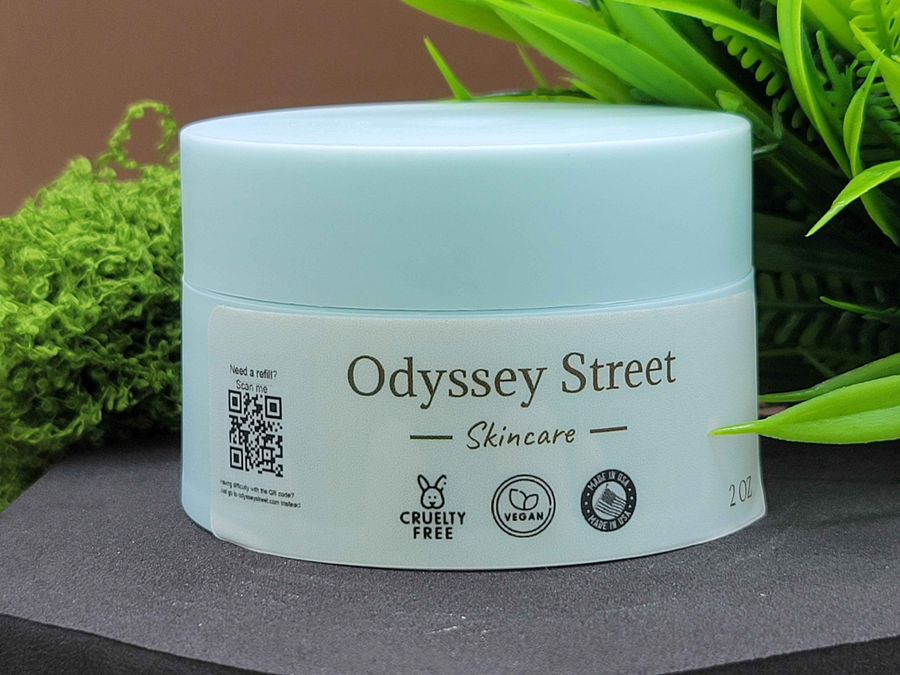
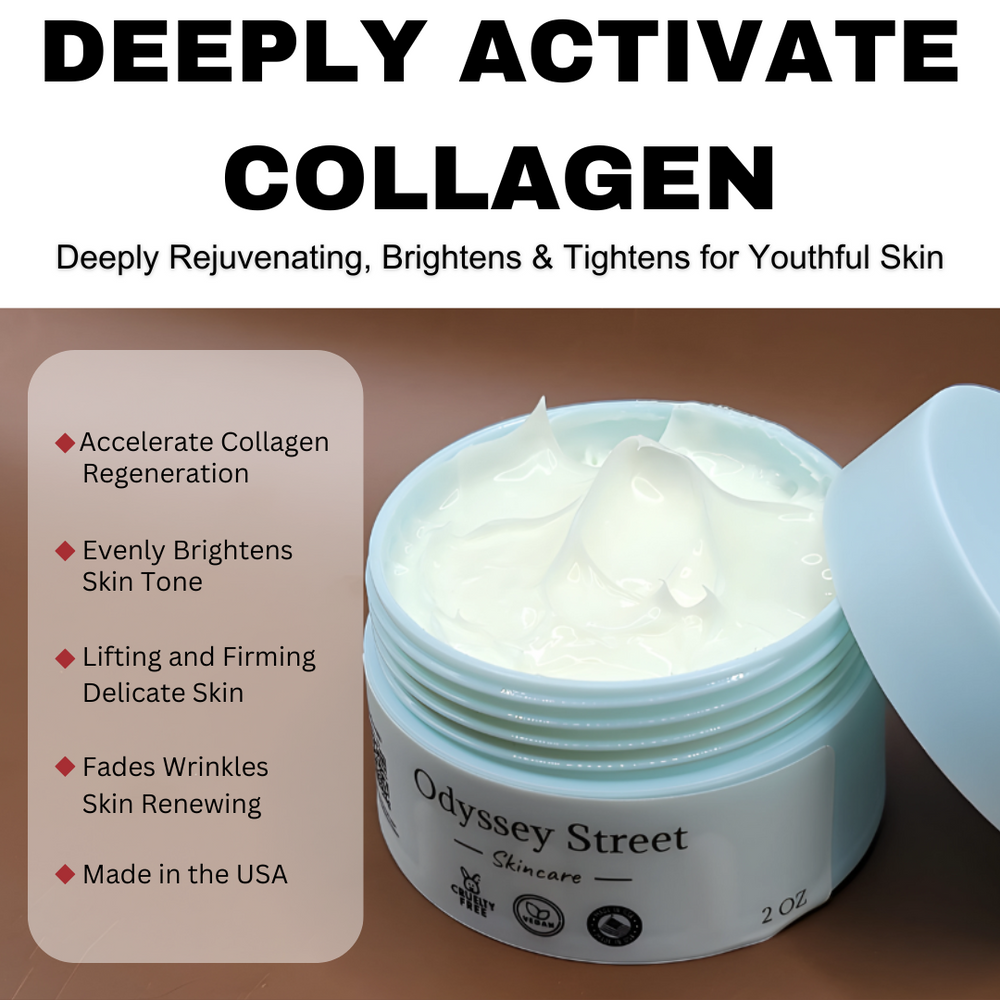


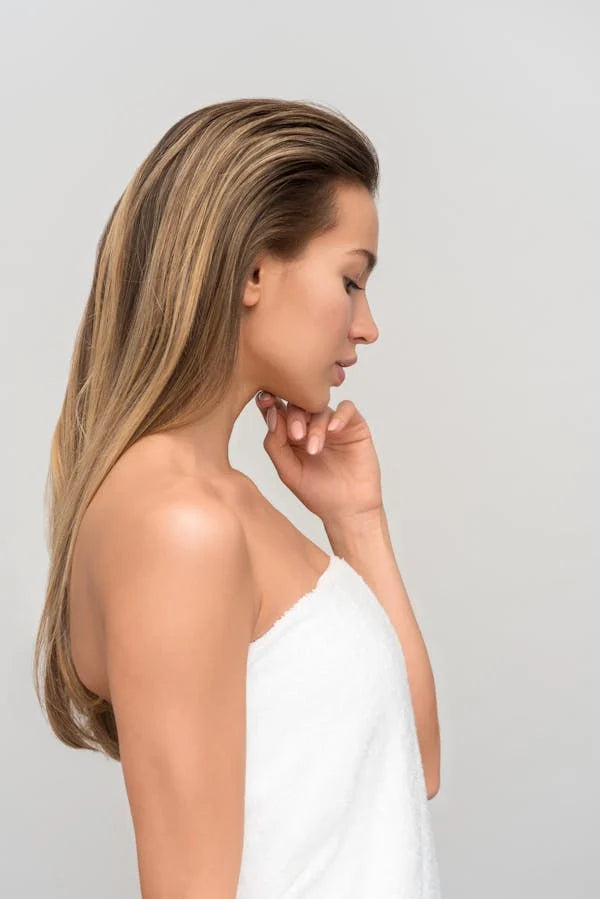

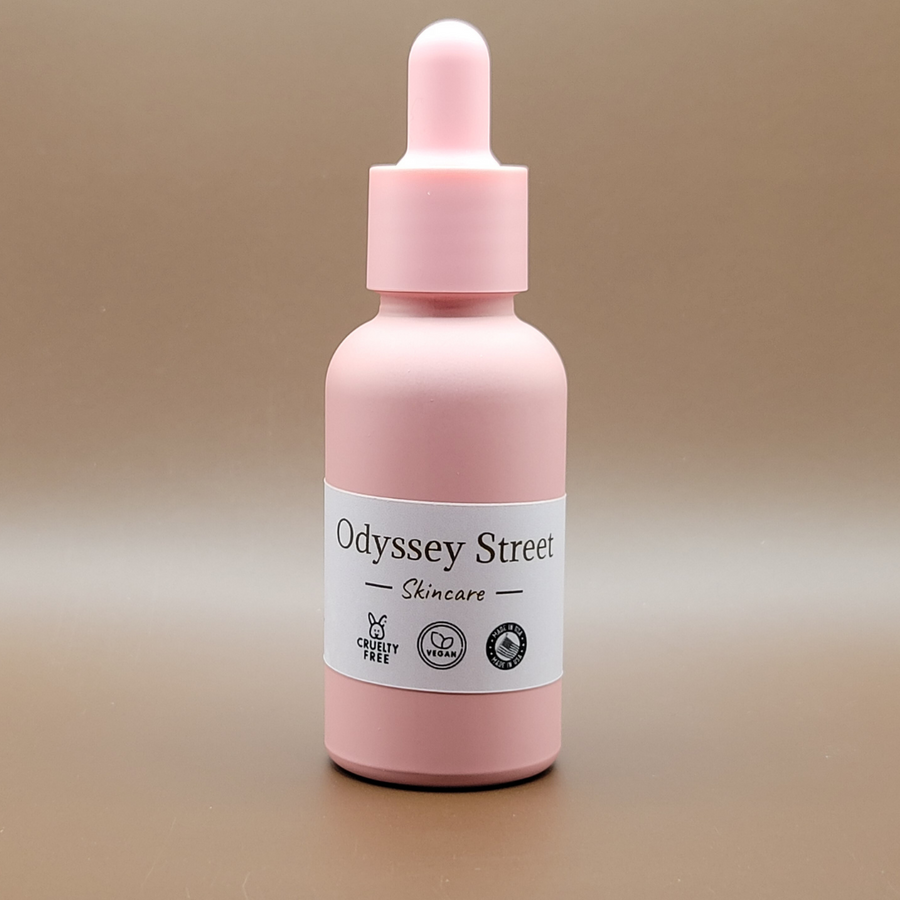
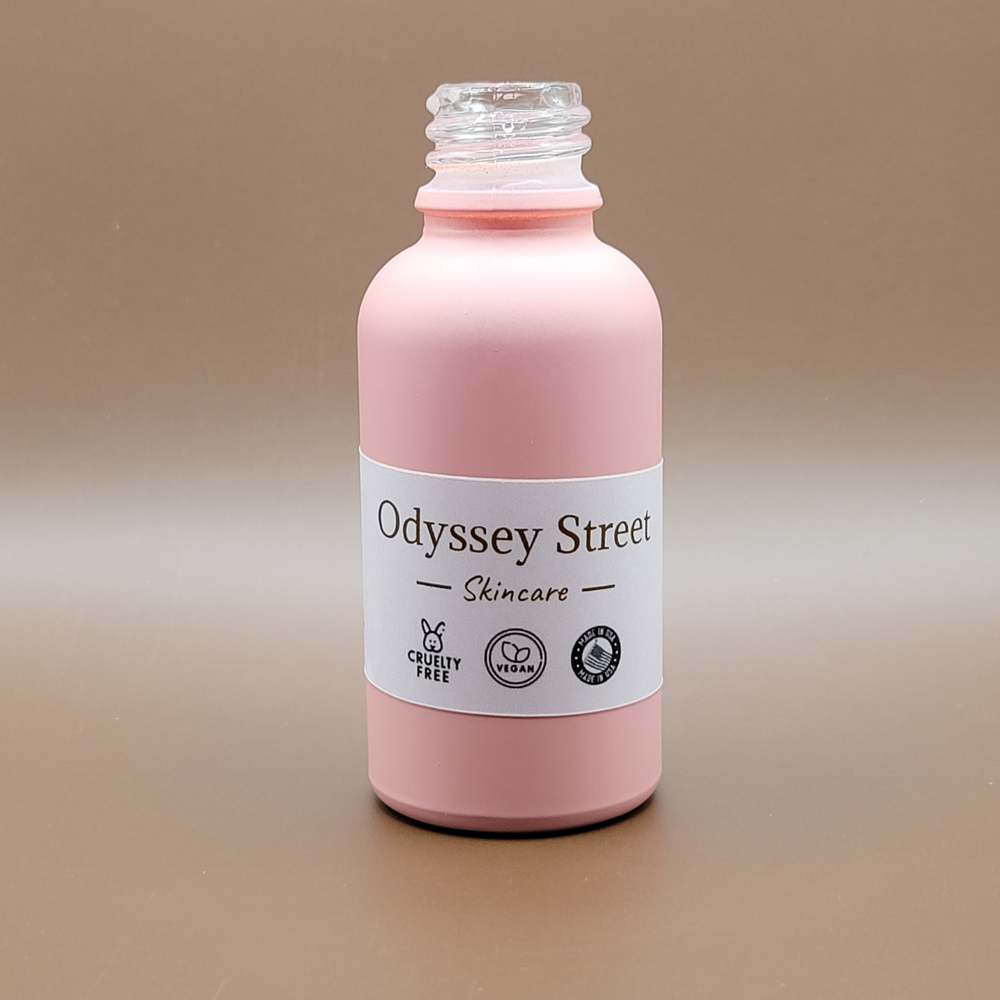
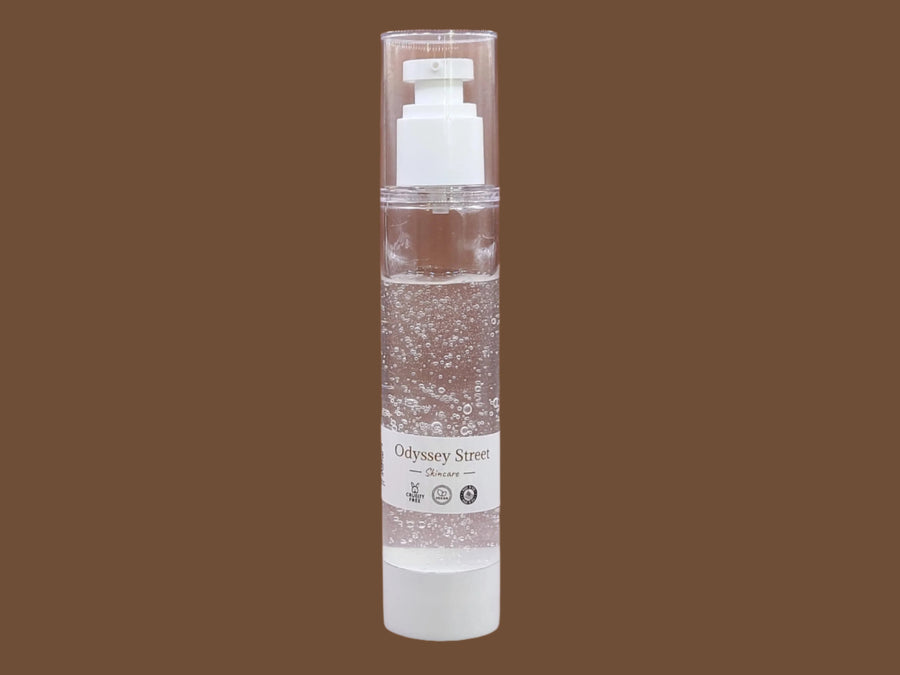
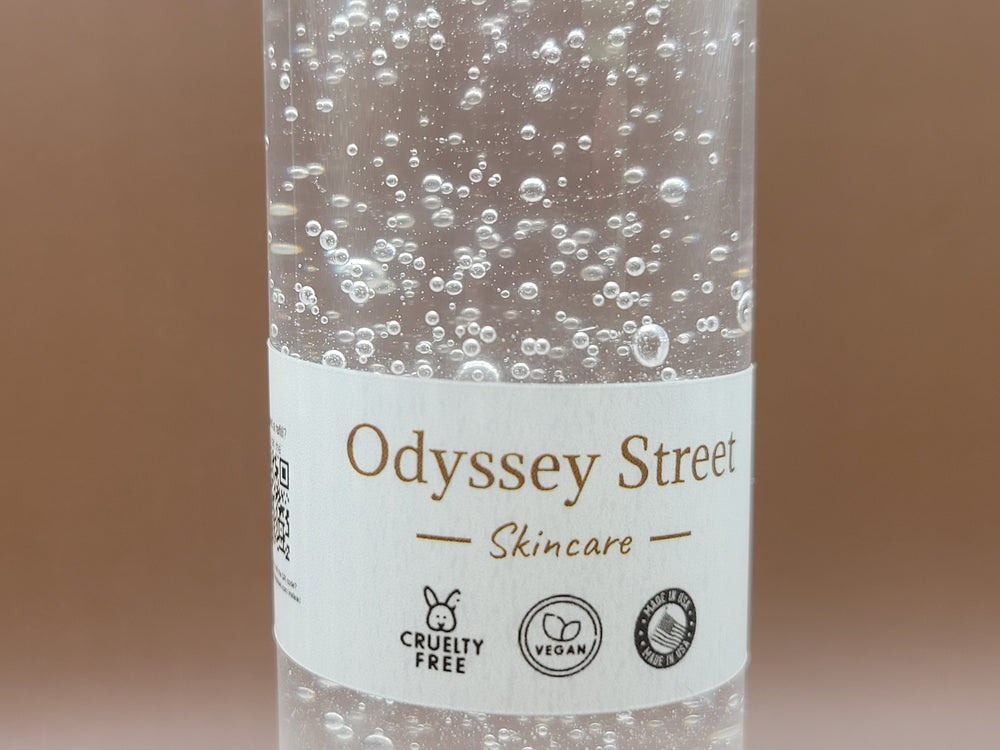
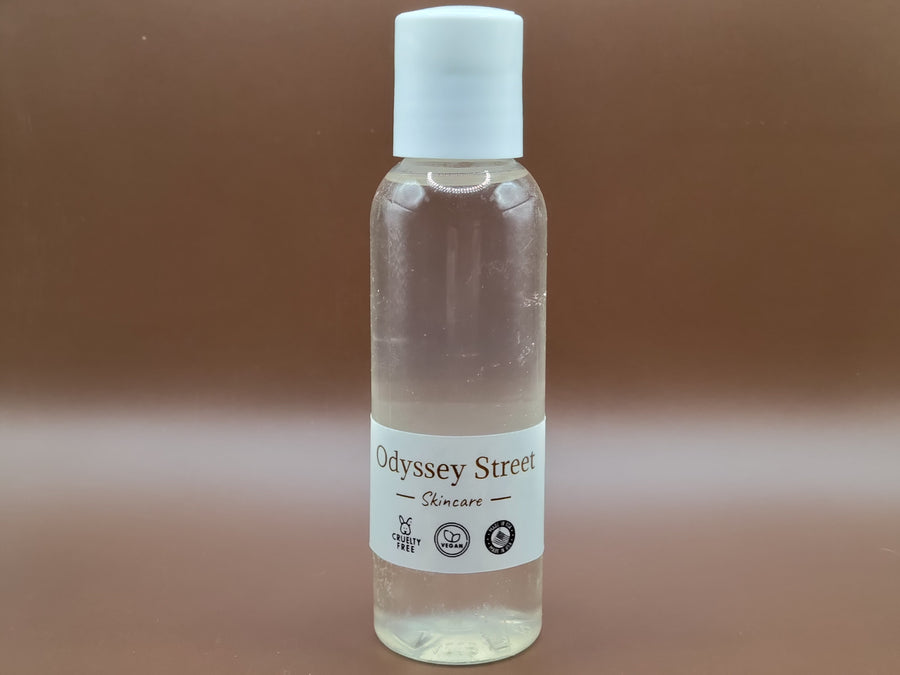
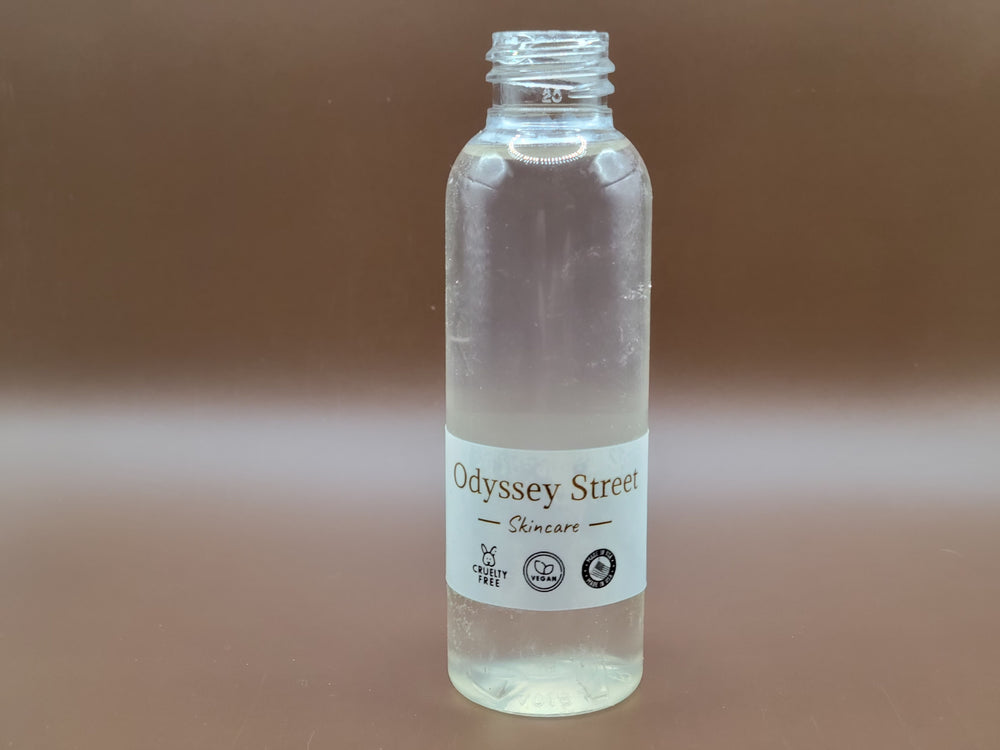
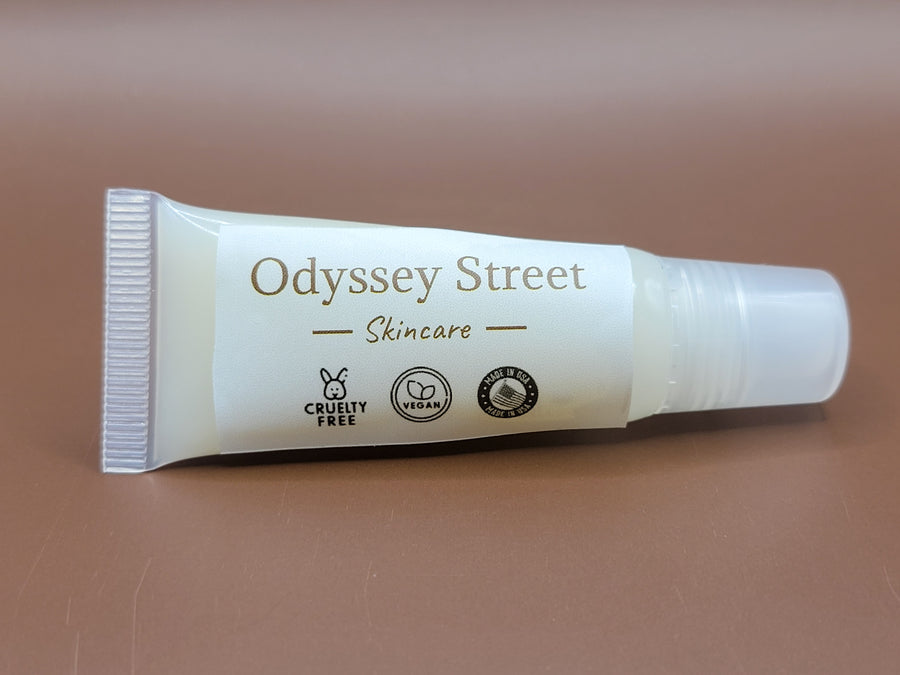
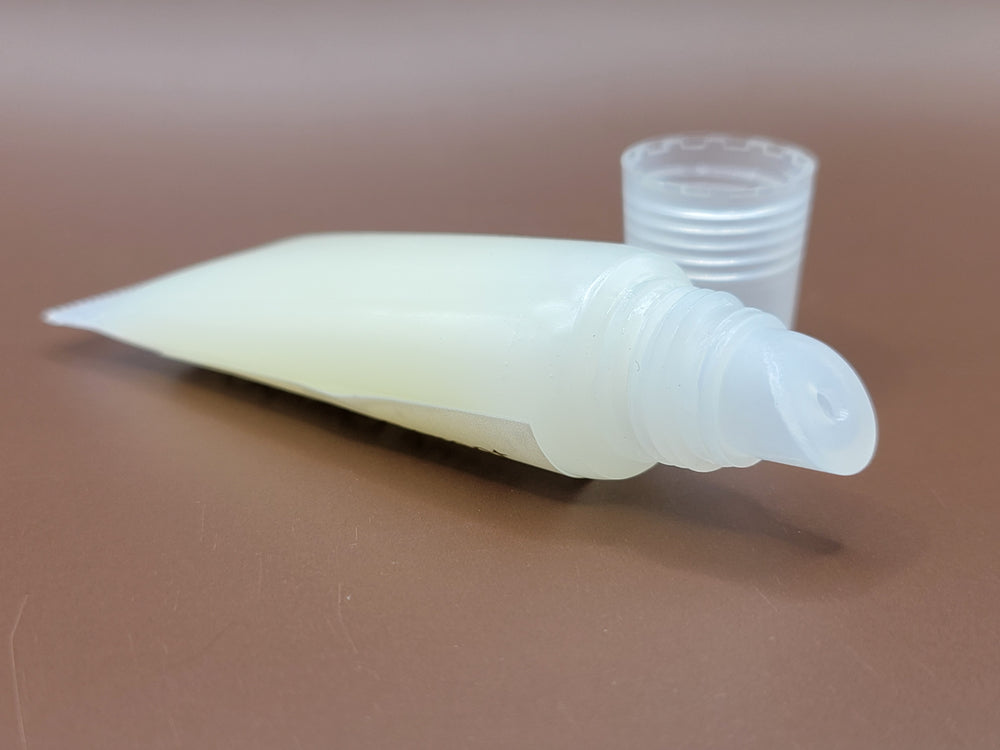
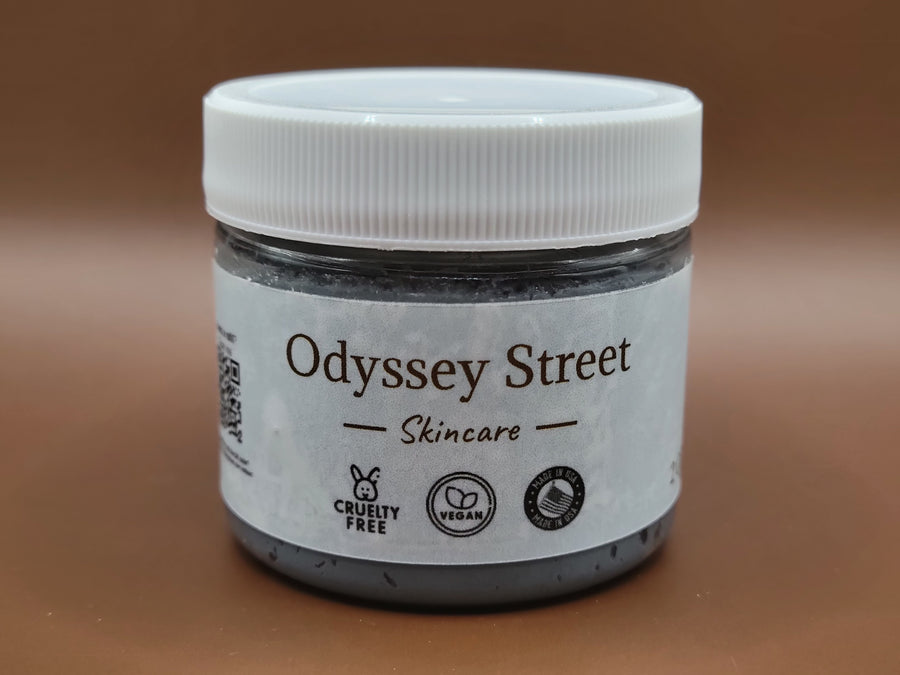
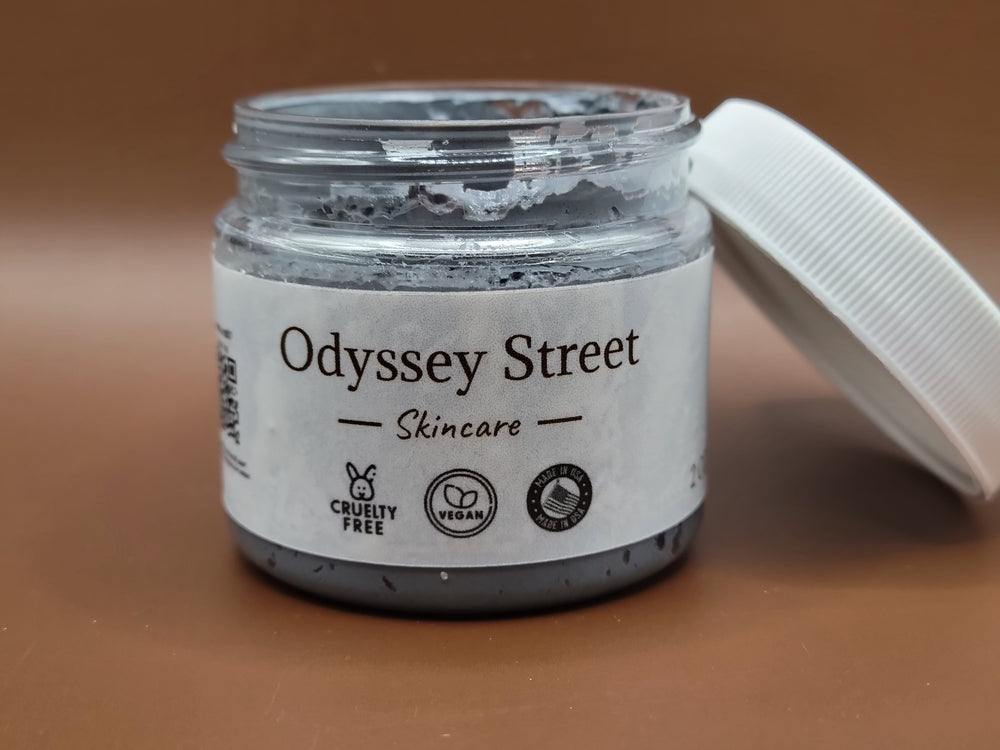
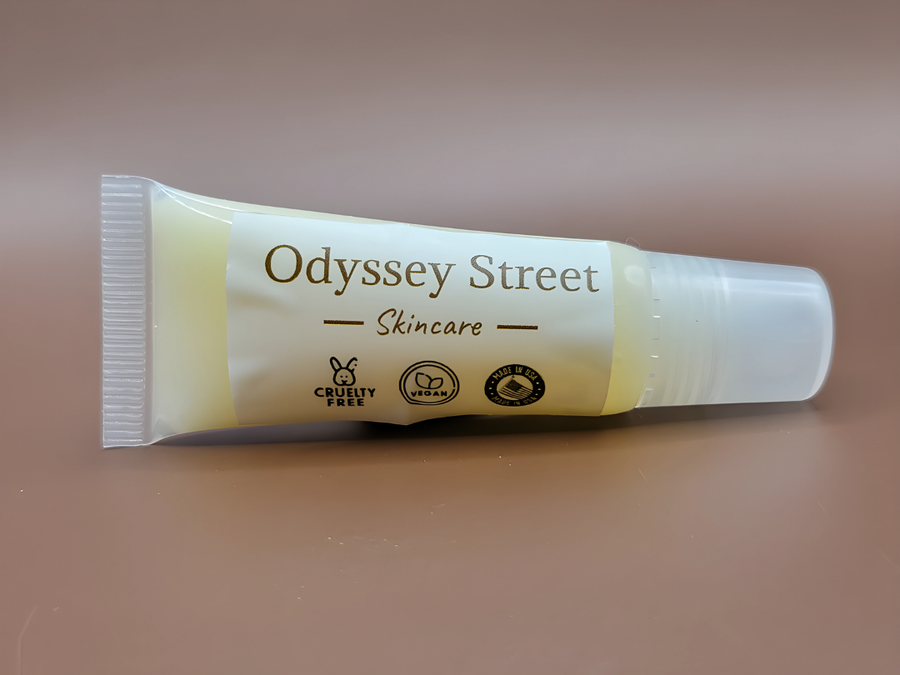
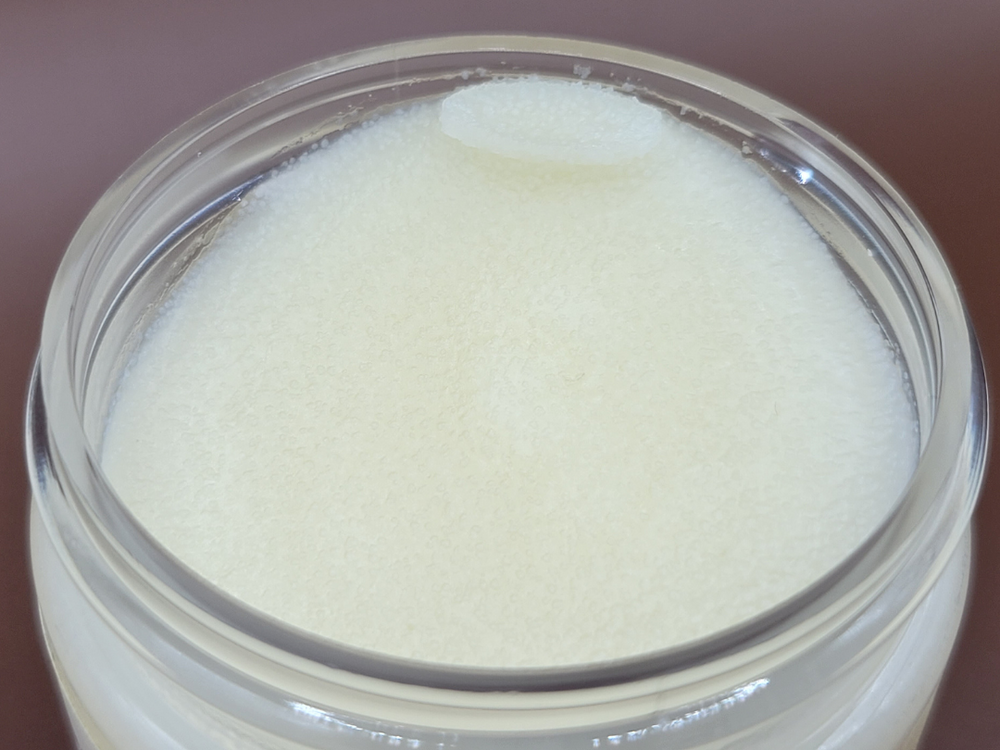
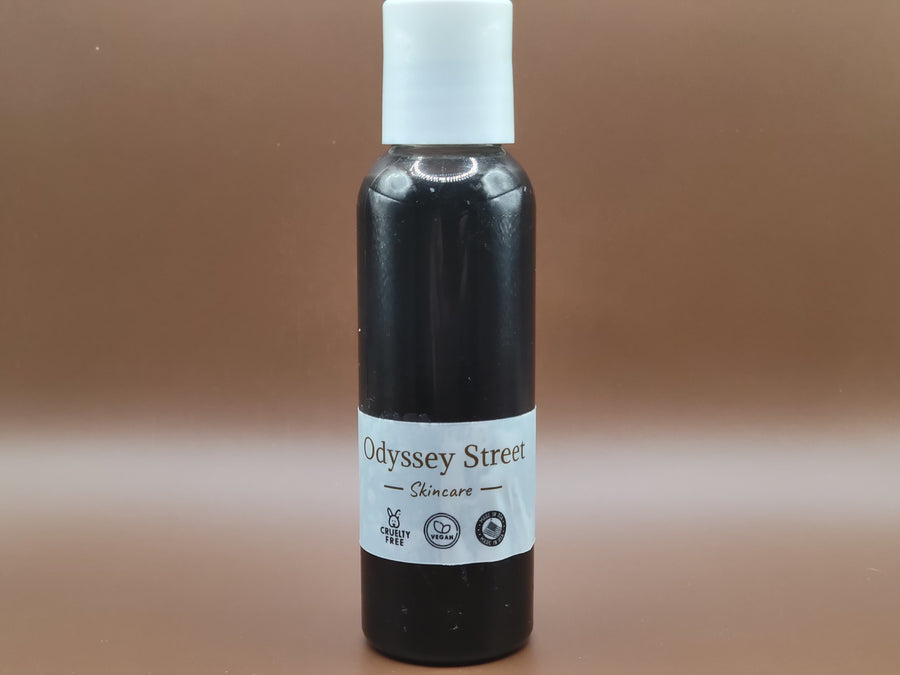
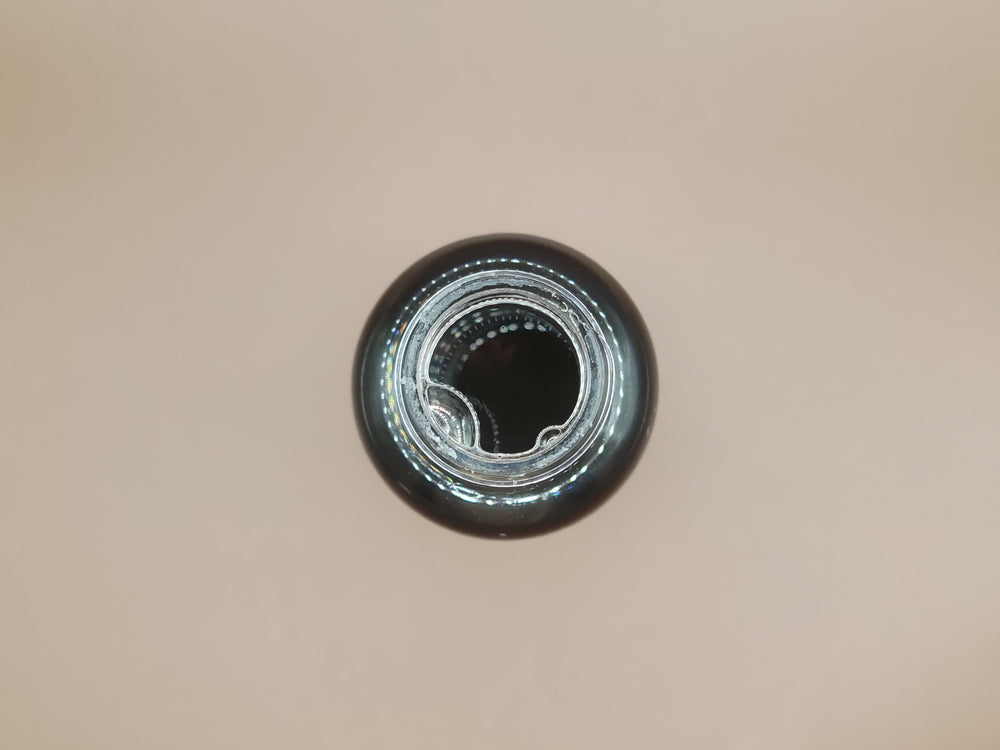
Leave a comment